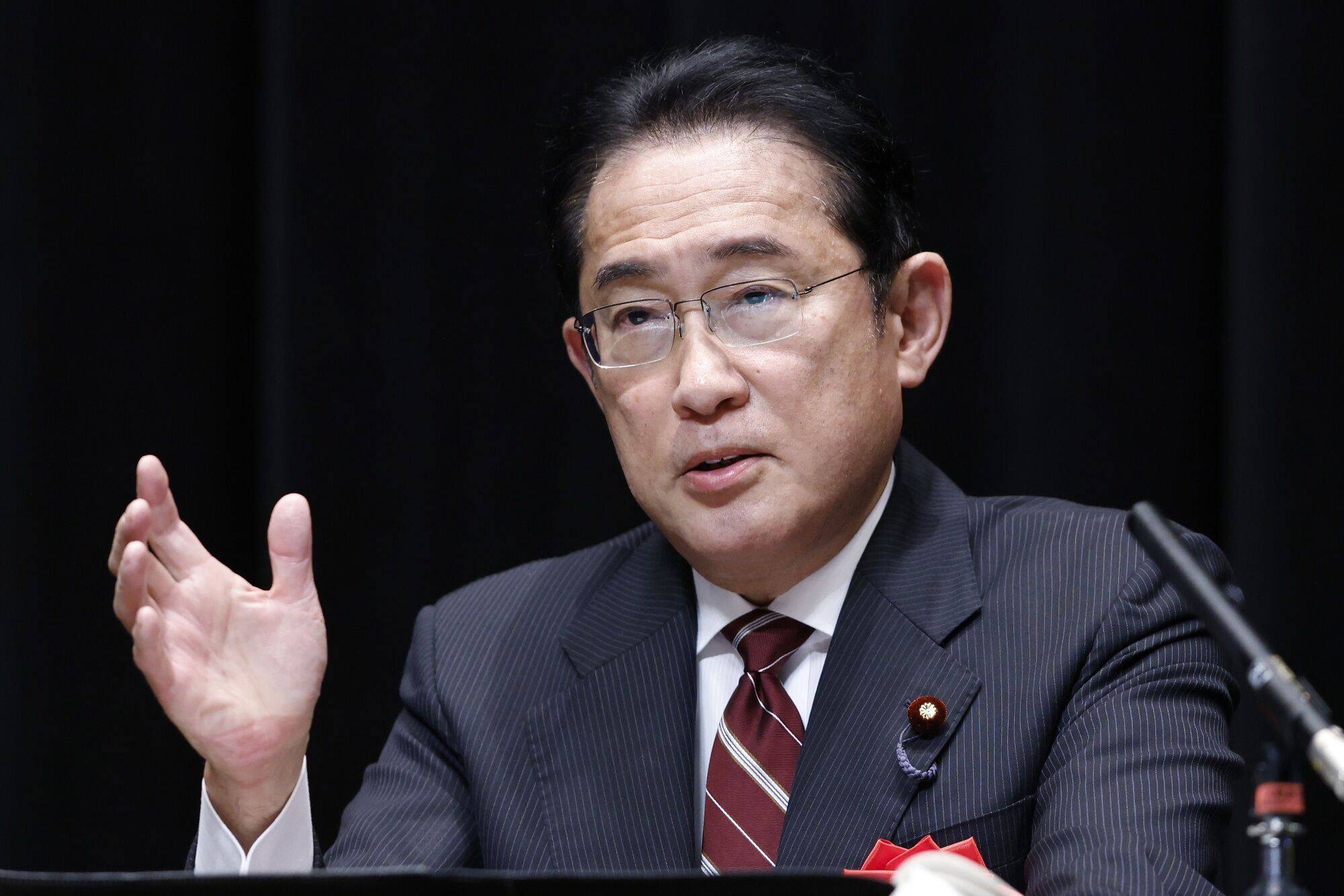Parliament's annual session, which drew to a close Wednesday after 150 days of debate, went off without major hitches for the government, which was able to pass key pieces of legislation in spite of at times vehement resistance from the opposition.
Out of 60 bills it submitted, 58 became law, a 96.7% passage rate — a slight drop from the equivalent session last year, where all 61 bills received parliament's approval.
Kishida entered 2023 in a precarious position, with his approval ratings just above the danger zone after he was forced to dismiss four of his ministers, while his party’s ties with the Unification Church caused him additional headaches.

















With your current subscription plan you can comment on stories. However, before writing your first comment, please create a display name in the Profile section of your subscriber account page.